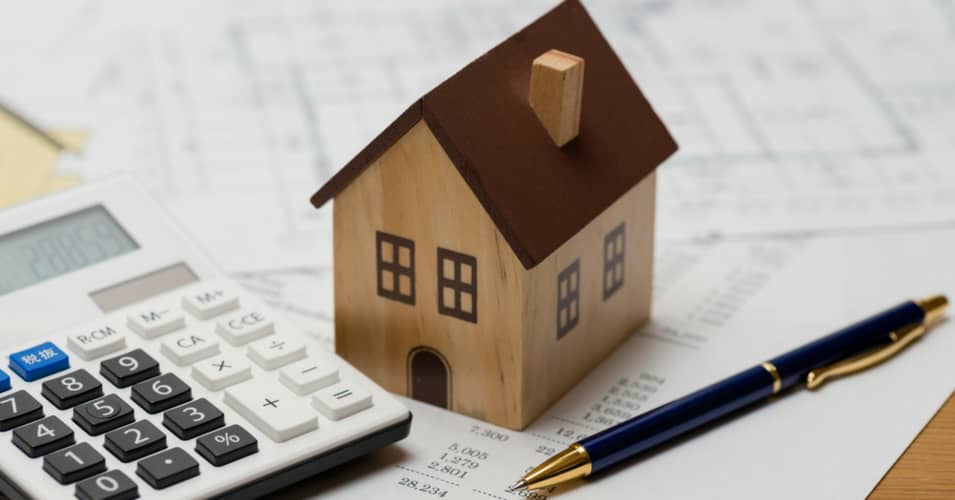
In real estate, what should you look for the most? In addition to location, there are numerous other factors to consider when making an investment decision. In the case of real estate investing, here are some things you should keep in mind.
1. Location of the property
The Reasons It’s Important
Investing in real estate continues to be based on the old adage “location, location, location” which is still relevant today. Besides proximity to amenities, green space, scenic views, and a desirable neighborhood, residential property values are heavily influenced by neighborhood status. For commercial property valuations, proximity to markets, warehouses, transport hubs, and freeways is important.
The Things to Look For
An important aspect of property location is determining how the area is expected to develop over the investment period. The tranquil open space at the back of a residential building could someday be transformed into a noisy manufacturing facility, decreasing its value. You should thoroughly examine who owns and what the planned use will be for the immediate area you plan to invest in.
Contacting town hall or other agencies responsible for zoning and urban planning will inform you what the prospects are in the area of the property you are considering. You can use this information to assess how favorable or unfavorable the long-term plan is for the property.
2. Property valuation
The Reasons It’s Important
A property valuation is essential for the purchase of a property, the listing price, investment analysis, insurance, and taxation-all of which rely on the current value of the property.
The Things to Look For
There are a number of methods used to value real estate, including:
- Comparison of recent comparable sales of properties with similar characteristics to those of the current property – this is the most common approach and is applicable to both new and old properties.
- For new construction, the land and construction costs minus depreciation are the costs
- An income approach can be used to determine whether rentals are profitable based on expected cash flows
4. Prospects for cash flow and profit

This is why it’s important
The amount of money left over after expenses is called cash flow. The key to making a good return on your investment property is positive cash flow.
The Things to Look For
Identify and develop projections for each of the following revenue and expense modes:
- Income from rental properties (inflation benefits landlords)
- Long-term price appreciation is expected to increase the intrinsic value.
- Tax benefits of depreciation (and depreciation)
- An analysis of the cost-benefit of renovating before selling
- Mortgaged loans and value appreciation: A cost-benefit analysis
5. Use leverage with caution
Despite their convenience, loans may be expensive. In exchange for utilities today at the cost of interest spread across a number of years, you pledge your future income. If you are taking out a loan of this nature, make sure you understand how it works and avoid high levels of debt, or what’s called over-leveraging. In times of a down economy, even real estate experts face the challenge of over-leverage due to a lack of liquidity with high debt obligations.
Conclusion
Diversifying your portfolio with real estate can be beneficial. The correlation between real estate and other major asset classes is low, so when stocks are down, it is often the housing market that is soaring. The benefits of investing in real estate include steady cash flow, significant appreciation, tax advantages, and competitive risk-adjusted returns, making it one of the better investments.
Before you invest in real estate-whether it’s physical property, REITs, or something else-it’s important to consider certain factors, as we have outlined here.


:max_bytes(150000):strip_icc()/GettyImages-1178142194-f27d024c97634d078cd571a005dd3866.jpg)
